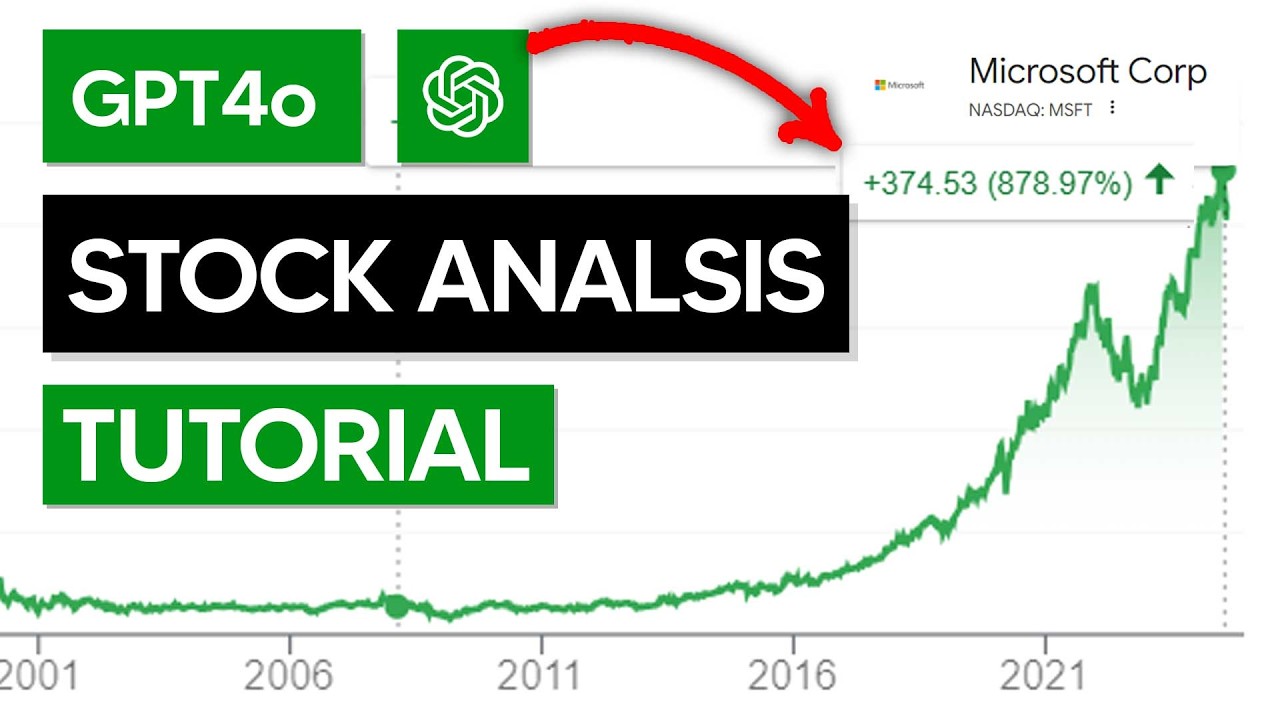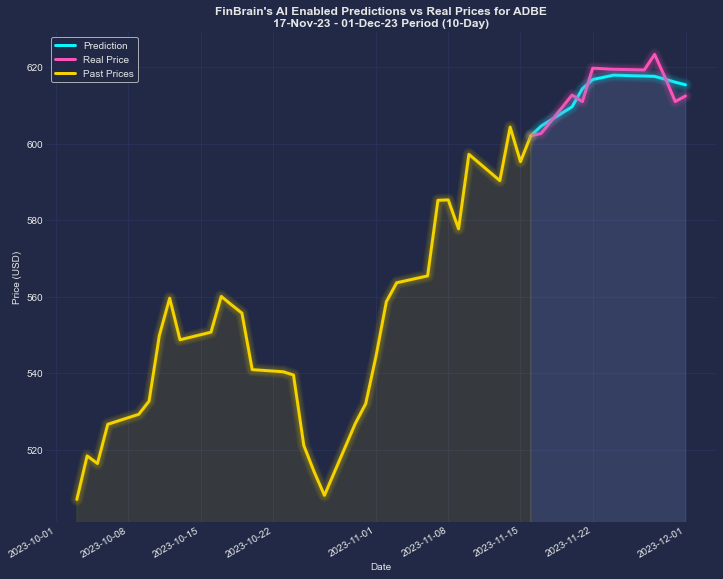Top 10 Tips For Choosing The Best Ai Platform For Trading Ai Stocks From Penny To copyright
It’s crucial to your success that you select the most effective AI trading platform, regardless of whether it’s for penny stocks or copyright. Here are 10 essential points to help you select:
1. Set out your trading goals
Tip: Identify your focus–penny stocks or copyright-based, or both, and indicate whether you’re seeking longer-term investment options, short-term trading or automated using algorithms.
Why platforms excel in particular areas. The clarity of your goals will help you choose the right platform for your needs.
2. Assessment of Predictive Accuracy
See how accurate the platform is at predicting events.
What to look for: Search for published backtests or user reviews. You can also look for the results of a demo trade to determine the reliability of the product.
3. Real-Time Data Integration
Tips: Make sure that the platform is integrated with real-time data feeds for assets that move fast, like the penny stock market and copyright.
Why? Data that is not updated can result in miss opportunities or poor execution of trades.
4. Customizability
Select a platform that lets you to tailor your strategy, parameters and indicators.
Examples: Platforms like QuantConnect and Alpaca provide a wide range of customization options for tech-savvy customers.
5. Accent on Features for Automation
Tip: Choose AI platforms that have strong automation abilities, including stop loss, take profit and trailing-stop features.
Automating is a way to save time and execute trades precisely, especially on unstable markets.
6. Make use of Sentiment Analysis for evaluating the effectiveness of tools
Tip: Opt for platforms with AI-driven sentiment analysis. This is especially important for penny and copyright stocks that are often influenced by news, social media as well as news.
The reason: Market sentiment could be a key driver of the short-term price fluctuations.
7. Prioritize the ease of use
Tip: Ensure that you have a platform with an intuitive interface, and well-written documentation.
Why: A steep learning slope could hinder the ability of trading.
8. Check for Compliance with the Regulations
Make sure the platform meets to the regulations for trading in your area.
For copyright: Check for features supporting KYC/AML compliance.
For penny Stocks: Ensure adherence to SEC or similar guidelines.
9. Examine Cost Structure
Tip: Understand the platform’s pricing–subscription fees, commissions, or hidden costs.
The reason: A costly platform can reduce profits, particularly when trading smaller amounts of the penny stock market and copyright.
10. Test via Demo Accounts
Test the demo account or trial version to get a feel for the platform before putting it to the test with your real money.
The reason: You can test the platform to determine whether it performs to your expectations.
Review Customer Support and Community
Tip: Choose platforms that have large and active user communities.
Why: Advice from peers and trusted support can help to solve issues and develop your strategy.
You can find the platform that is most suitable for your trading style by evaluating platforms according to these criteria. Check out the top get the facts for ai trading app for more info including best ai copyright, ai stock predictions, smart stocks ai, ai trading bot, ai day trading, penny ai stocks, stock trading ai, ai stock prediction, ai sports betting, stock ai and more.

Top 10 Tips To Regularly Updating And Optimizing Models For Ai Stock Pickers, Predictions And Investment
It is vital to regularly improve and update your AI models for stock predictions forecasts, investment, and predictions for accuracy, adapting market changes, as well as improving overall performance. Markets evolve over time, and the same is true for your AI models. Here are 10 tips to aid you in updating and optimizing your AI models effectively:
1. Continually Integrate Fresh Market data
Tips: Include the most up-to-date market data regularly, such as earnings, prices of stocks, macroeconomic indicators and social sentiment. This will ensure that your AI models remain relevant and are in line with the current market conditions.
AI models get obsolete without fresh data. Regular updates improve the reliability, accuracy, predictability and sensitivity by keeping it in tune with current trends.
2. Track model performance in real-time
Use real-time tracking to see how your AI model performs under real-time market conditions.
The reason is that monitoring performance allows you to detect problems like model drift (when the model’s accuracy degrades over time) and gives you the opportunity to intervene and adjust before significant losses take place.
3. Regularly Retrain Models with New Data
Tip: Use up-to-date historical data (e.g. quarterly or monthly) to improve your AI models and allow them to adapt to changing market dynamics.
Why: Market conditions change and models that were trained with old data could lose their predictive accuracy. Retraining allows the model to learn from current market trends and behavior, ensuring that it is still effective.
4. Adjust Hyperparameters to Increase Accuracy
You can optimize your AI models by using random search, grid search or any other optimization techniques. Grid search, Random Search or other optimization techniques can help you optimize AI models.
Why? Proper adjustment of hyperparameters will help in improving prediction and preventing overfitting or underfitting using the historical data.
5. Try out new Features and Variables
TIP: Explore new sources of data and functions (e.g. sentiment analysis, social media, alternative data), to improve your model’s predictions and uncover connections and potential information.
Why: Adding relevant new features improves model accuracy and provides deeper insights, more data, and ultimately improving your stock-picking decisions.
6. Make use of ensemble methods to improve predictions
TIP: Use methods of ensemble learning such as stacking or bagging to mix AI models. This can improve the accuracy of your prediction.
The reason: Ensemble methods increase the accuracy and reliability of AI models. They do this by leveraging strengths of different models.
7. Implement Continuous Feedback Loops
Tip: Set up a loop of feedback where actual market results, as well as models predictions are reviewed to improve the model.
What is the reason? A feedback mechanism ensures the model is learning from its real-world performance. This allows you to identify imperfections or biases that need correction, and refines the model’s future predictions.
8. Incorporate Regular Stress Testing and Scenario Analysis
Tips Check the accuracy of your AI models by stressing them out with hypothetical market conditions like crashes, extreme volatility or unanticipated economic incidents. This is a good method to determine their resiliency.
Stress testing is a way to ensure that AI models are prepared for market conditions that are not typical. It helps identify weaknesses which could lead to the model’s underperformance in volatile or extreme market conditions.
9. AI and Machine Learning – Keep up to date with the latest advancements
Keep up-to-date with the latest AI techniques, tools, and algorithms. Consider incorporating AI techniques in your model.
Why: AI has been rapidly evolving and the most recent advances could improve performance of models, efficacy, and accuracy when it comes to forecasting and picking stocks.
10. Risk Management: Evaluate and adjust continually
Tip: Assess and refine the AI model’s risk management elements (e.g. stop-loss strategies and position sizing, or risk-adjusted returns).
The reason: Risk management is essential in the trading of stocks. The AI model must be periodically evaluated to ensure that it does not just maximize returns, but also manages risk on the market.
Monitor Market Sentiment for Update Models.
Tip: Incorporate the sentiment analysis (from news media, social media, etc.) into your model updates. The model you have created can be updated to reflect changes in investor psychology, market sentiment and other variables.
Why: Market sentiment can have a significant impact on stock prices. Integrating sentiment analysis in your model will enable it to react to larger emotional or market mood shifts that may not be captured with traditional data.
We also have a conclusion.
By constantly updating and improving your AI prediction of stocks, stock pickers and investment strategies you will ensure that your model is always able to adapt, accurate and competitive in a constantly changing market. AI models that are continuously trained and refined with new data and also integrate real-world feedback, along with the latest AI advancements, can help you make better investing predictions and stock making. Follow the top recommended you read about ai penny stocks for website recommendations including smart stocks ai, best ai stocks, ai copyright trading bot, best stock analysis app, ai trading, ai trading software, best stock analysis website, stocks ai, stock trading ai, penny ai stocks and more.
